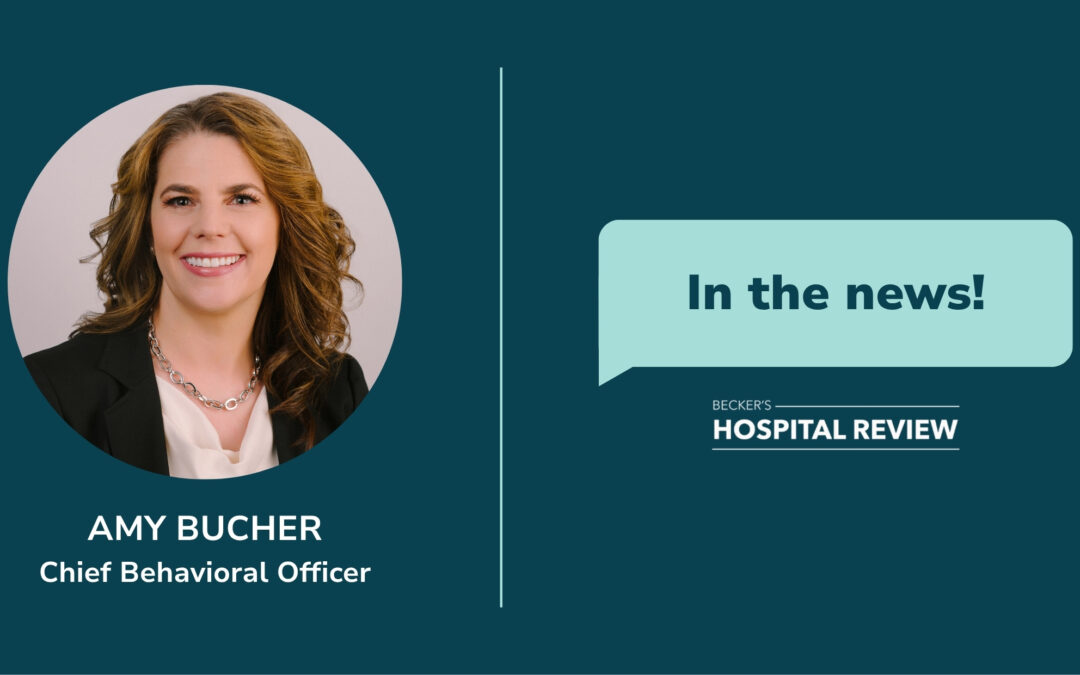
Amy Bucher, Ph.D. | Aug 4, 2025 | Artificial Intelligence, Behavioral Science, Blog, Digital Health, Health Equity
CMS is retiring the Health Equity Index (HEI), introduced to incentivize plans to reduce disparities in Medicare Advantage, and proposing the Excellent Health Outcomes for All (EHO4all) reward—offering payers challenges and opportunities.

Lirio | Jul 23, 2025 | Artificial Intelligence, Behavioral Science, Blog, Digital Health
View the definitive guide to N-of-1 healthcare personalization for providers, health systems, payers, and life sciences.

Leah Hecht, PhD | Jun 9, 2025 | Behavioral Science, Blog
Cognitive Behavioral Therapy (CBT) is one of the most well-researched and evidence-based forms of psychotherapy. At the heart of CBT is the idea that our thoughts, feelings, and behaviors are deeply interconnected—each influencing the others in powerful ways.

Lirio | Jun 4, 2025 | Artificial Intelligence, Behavioral Science, Blog, Digital Health, News
Lirio’s Chief Behavioral Officer, Amy Bucher, has been named one of the “100 women in health IT to know”.

Lirio | Apr 28, 2025 | Artificial Intelligence, Behavioral Science, Blog, Condition Management, Consumer Acquisition & Engagement, Consumer Satisfaction & Loyalty, Digital Health
Despite a broad – and growing – recognition that artificial intelligence plays a monumental role in enhancing member experiences and trust, health plan leaders share that their organizations’ strategic plans prioritize organizational efficiency over member engagement.

Lirio | Dec 16, 2024 | Behavioral Science, Blog, Closing Gaps in Care, Condition Management, Consumer Acquisition & Engagement, Consumer Satisfaction & Loyalty, Digital Health
Some of the Centers for Medicare and Medicaid Services (CMS) changes represent a paradigm shift away from tradition, including new caps on out-of-pocket spend and sweeping health equity mandates. The good news is, these changes broaden opportunity for health plans, providers and patients alike – especially those who proactively embrace the shift toward preventative, value-based care.





